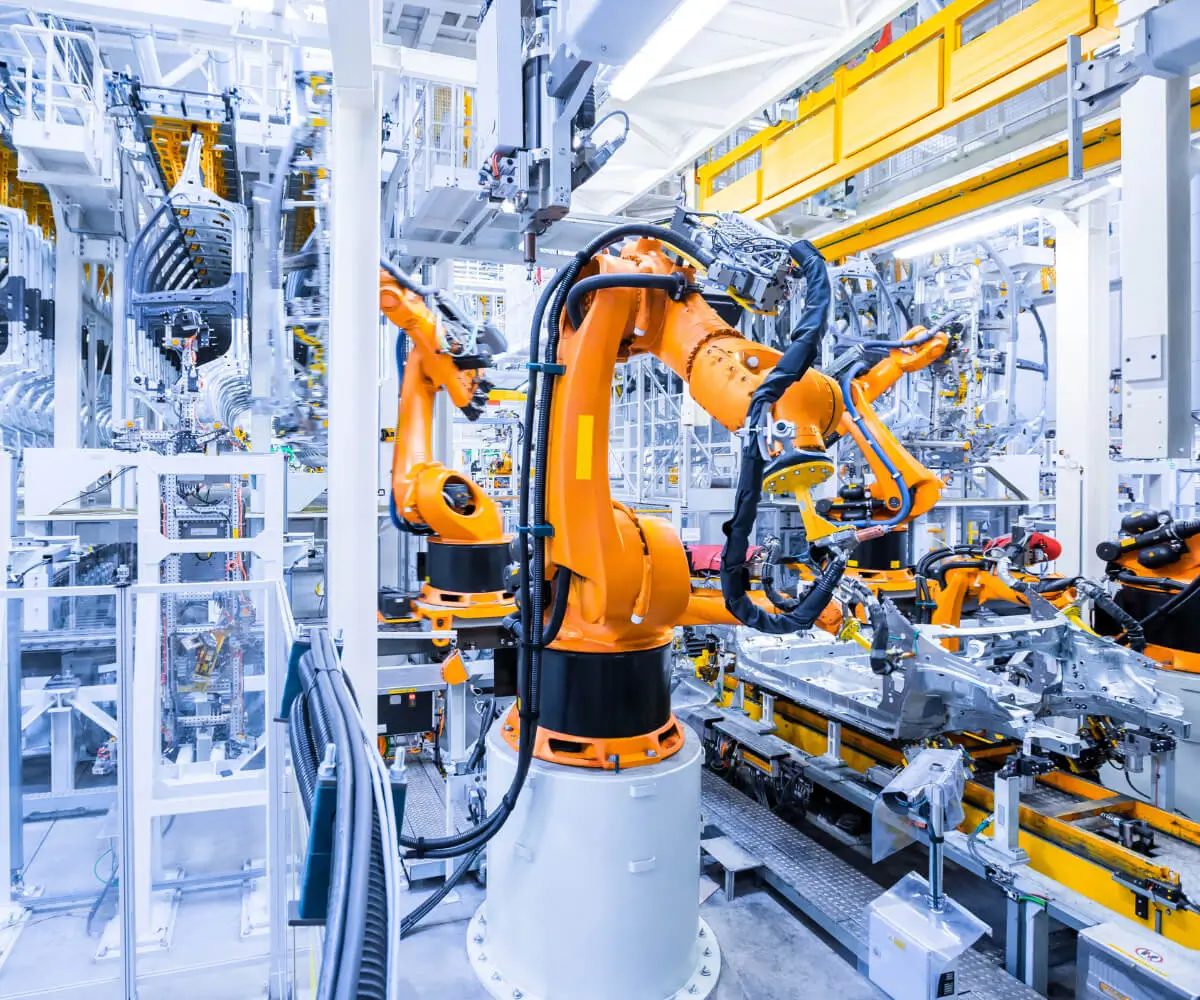Microservices architecture is a buzzword in the world of software development, but what does it really mean for you? More importantly, how can understanding it elevate your game in building scalable, efficient, and flexible systems?

Let’s start by addressing the basics. Imagine a traditional monolithic application. All components—user interface, database access, business logic—are tightly integrated into one large system. While this can work fine in smaller applications, as your project grows, things start to get complicated. With more code comes more dependencies, which means slower development cycles and difficult maintenance. This is where microservices come in.
Microservices break down applications into small, independent services. Each service focuses on a specific business function, such as payment processing or user authentication. These services communicate with each other via well-defined APIs, making them flexible and scalable. If one service needs an update, you only touch that specific service, not the entire system.
So why is this approach gaining so much traction? Well, think about scalability. In a monolithic setup, scaling up requires duplicating the entire application. With microservices, you can scale individual services based on demand. If a user authentication service sees more traffic, it can be scaled independently without affecting the rest of the system.
But wait, you might be wondering—doesn't this mean extra complexity? Absolutely. Microservices come with their own set of challenges. One of the biggest hurdles is managing communication between services. Imagine trying to coordinate hundreds of services talking to each other. It’s like running a small city—everything has to be organized and synchronized. This requires careful planning, strong infrastructure, and reliable monitoring tools.
The good news is that many tools and frameworks are designed to make microservices easier to implement. Kubernetes and Docker are great examples. They help manage the containers that run these microservices, making sure everything runs smoothly, regardless of scale.
Now, let’s talk about how you can test your knowledge in microservices architecture. One way is through multiple-choice questions (MCQs) designed to challenge your understanding of this modern approach to software development. For example, consider this: “Which of the following is NOT a benefit of microservices architecture?” If you’re familiar with microservices, you’ll immediately know the answer and why.
Learning through MCQs is an engaging way to sharpen your skills. Whether you’re a seasoned developer or just getting started, practicing these questions can boost your confidence. The more you understand microservices, the better you’ll be at identifying the best ways to implement them in your projects.
Remember, mastering microservices isn’t just about theory. It’s about applying what you learn in real-world situations. So go ahead, dive deep into microservices and take on those MCQs. With each question, you’ll be closer to mastering the art of building flexible, scalable, and future-proof systems.
In the ever-evolving world of tech, staying updated with the latest architectural patterns like microservices can set you apart. Whether you're looking to build a more efficient app or simply level up your skills, understanding microservices is a smart move. Keep learning, keep experimenting, and soon you'll see just how powerful this architecture can be for your projects.
Established in 2005, Kpower has been dedicated to a professional compact motion unit manufacturer, headquartered in Dongguan, Guangdong Province, China. Leveraging innovations in modular drive technology, Kpower integrates high-performance motors, precision reducers, and multi-protocol control systems to provide efficient and customized smart drive system solutions. Kpower has delivered professional drive system solutions to over 500 enterprise clients globally with products covering various fields such as Smart Home Systems, Automatic Electronics, Robotics, Precision Agriculture, Drones, and Industrial Automation.




































